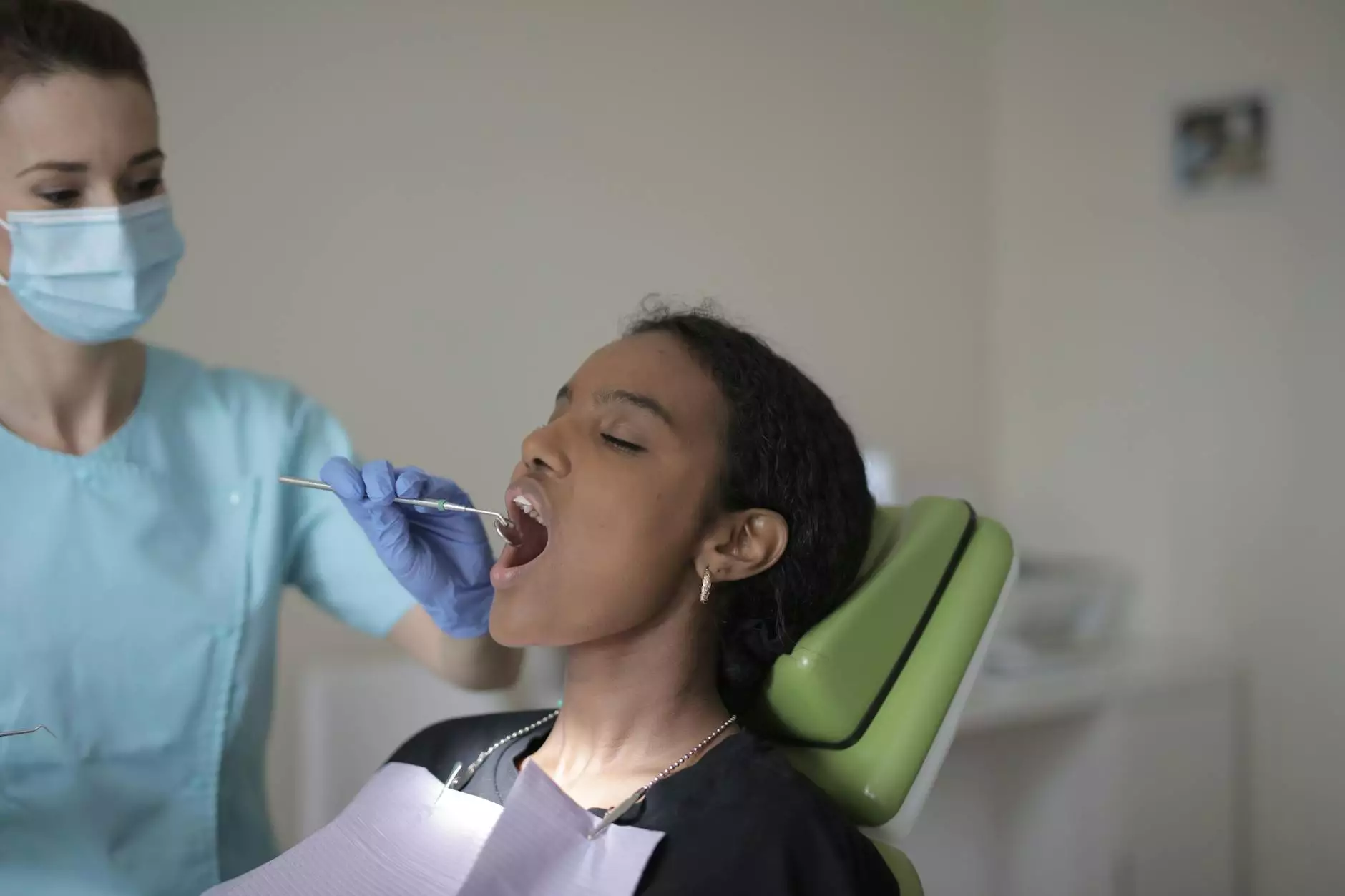The Risks of Hormone Replacement Therapy (HRT) After Hysterectomy

Introduction
Hormone Replacement Therapy (HRT) is a medical treatment that involves the use of hormones to relieve symptoms associated with hormonal imbalances in the body. After undergoing a hysterectomy, which is the surgical removal of the uterus, some women may consider HRT to manage the symptoms of menopause or to address other health concerns. However, it is essential to be aware of the potential risks associated with HRT after a hysterectomy.
Understanding Hormone Replacement Therapy (HRT)
Hormone Replacement Therapy involves the use of medications that contain estrogen, progestin, or a combination of both. These hormones are intended to supplement the body's naturally produced hormones, which may decline during and after menopause or as a result of a hysterectomy. HRT aims to alleviate symptoms such as hot flashes, vaginal dryness, mood changes, and bone loss.
Potential Risks of HRT
While HRT can be beneficial for many women, it is essential to understand the potential risks associated with this treatment option.
1. Increased Risk of Breast Cancer
Studies have found a link between long-term use of combined HRT (estrogen and progestin) and an increased risk of breast cancer. It is important to discuss this risk with your doctor before considering HRT as a treatment option.
2. Cardiovascular Risks
Research suggests that HRT, especially in older women, may increase the risk of heart disease, stroke, blood clots, and other cardiovascular complications. This risk may vary based on individual factors such as age, family history, and pre-existing conditions. It is crucial to undergo a thorough medical evaluation before starting HRT.
3. Gallbladder Disease
Studies have shown an increased risk of gallbladder disease among women using HRT. This risk should be considered, especially if you have a history of gallbladder-related issues or disease.
4. Blood Clots
HRT, particularly those containing estrogen, may increase the likelihood of blood clots. This can be a serious and potentially life-threatening complication. Women with a history of blood clotting disorders or other risk factors should exercise caution when considering HRT.
5. Endometrial Cancer
For women who have undergone a hysterectomy, the risk of endometrial cancer is significantly reduced since the uterus is removed. However, if HRT includes estrogen without progestin, it can increase the risk of endometrial cancer. It is crucial to discuss the appropriate type and duration of HRT with your healthcare provider.
Consulting with Obstetricians and Gynecologists
When considering HRT after a hysterectomy, it is vital to consult with experienced obstetricians and gynecologists who specialize in hormone therapy. They can provide personalized medical advice based on your specific needs, overall health, and medical history. Additionally, they can help determine the most suitable form of HRT and monitor any potential risks or side effects.
Conclusion
Hormone Replacement Therapy (HRT) after a hysterectomy can provide relief from menopausal symptoms and other hormone-related concerns. However, it is essential to weigh the potential risks associated with HRT and make an informed decision in consultation with qualified medical professionals. By choosing reputable practitioners such as those at Drseckin.com, you can access expert advice and comprehensive information to guide you towards the most suitable treatment options for your specific situation.
risks of hrt after hysterectomy









